Scotland will be become independent in 10 years despite challenges facing the SNP and a likely Labour government, the party’s retiring Glenrothes MP Peter Grant says.
Speaking as he prepares to leave elected politics for the first time in half a lifetime, Peter Grant is buoyant about the future.
Mr Grant insists Scottish independence is inevitable, even with predictions of a Labour victory at the next election and the SNP facing a police investigation.
“There will be a pro-independence victory in Scotland. I think the SNP will fight the next election on a specific mandate for independence – not for a referendum,” he said.
“I’d also like to see is the SNP reach out to other pro-independence parties to have parts of the manifestos that are identical.
Peter Grant: SNP must work with pro-indy parties
“Regardless of who is in government they will be forced to respect that mandate.
“Although it’s not as immediate a path as people thought we could take, I think it’s much more certain to deliver independence.”
Some have speculated Mr Grant and other SNP MPs who are stepping down are doing so to avoid defeat – something he emphatically denies.
Instead, he says it’s simply the right time personally. His wife, Dr Fiona Grant, also stood down as a Fife councillor at the last local election.
He said: “During my time there I’ve noticed it has taken its toll physically and mentally.
“Do I really think I’m going to be fit for how hard I know the job is by the time I’m 69?
“I like to think I will be, but I can’t go to people and ask them to elect me because I think I will be.”
From opposition to Fife Council leader
Mr Grant first became a councillor in Fife in the 1992 local elections.
He spent many years in opposition, but eventually took control of the council from Labour after the 2007 election in coalition with the Liberal Democrats.
One senior council source told The Courier that during this time Mr Grant proved a popular leader among staff at the local authority.
The officer, who is not authorised to speak publicly, said: “Peter was really highly thought of, as soon as he took office he made an instant effort to understand every level of the council.
“It was the first time there had been a coalition and there was some nerves about what that would be like, but actually the entire five years were quite stable even though there were some difficult issues.”
Time as councillor ‘more rewarding’ than Westminster
Rather than his election to Westminster, it’s this time on Fife Council that Mr Grant looks back on with most fondness.
He told The Courier: “The thing that was most rewarding was my time as leader of the council.
“There’s things I can point to and say that wouldn’t have happened because of me, a lot of other things it’s a bit like a football team – it’s seldom one person who wins the game.
“During my time in parliament, it’s hard to point to those things and say I did that.
“There’s a lot of really direct local stuff I enjoyed as a councillor that you don’t get to do as an MP.”
But Mr Grant is proud of his office’s record of supporting constituents in tribunals against the Department for Work and Pensions.
He says they have helped constituents win back over £750,000 in sanctioned benefits
But he adds: “Although there’s a financial payment, if it’s someone arguing about their disability benefit they feel their character has been slighted – they’re accused of being a cheat.
“If we go through a tribunal, they know an influential body has said they are telling the truth. You are giving them back their integrity and reputation.”
MP admits ‘real regrets’ over some issues
Amid the high points, Mr Grant admits he does have some real regrets.
“The one thing I look back on with regret is when we changed the system of care charges during the first year of the administration.
“We had to do something, Labour had slashed the social work budget and at that time there just wasn’t senior oversight of the budget.”
The issue was seized on by Labour in 2008 when Mr Grant contested the Glenrothes by-election for the SNP.
Fife had traditionally been a Labour stronghold, but the election came after a string of disappointing results – including the party’s loss to the SNP in Glasgow East.
Hope was high in the SNP, with Alex Salmond confidently predicting victory ahead of the vote. Privately, Labour insiders said they thought the seat would be lost to the nationalists too.
But despite this and predictions they’d snatch the seat by as many as 1,000 votes, SNP campaigners were reportedly in tears as the scale of Labour’s victory was revealed with a majority of over 6,000.
Then deputy first minister Nicola Sturgeon blamed the loss on a “relentlessly negative” Labour campaign – focussing solely on the single issue of care charge rises.
Now Mr Grant admits the “bruising experience” is one of his biggest regrets.
He says: “We made a point of putting together the proposals so very few elderly people would be affected.
“What we didn’t appreciate was that younger people with disabilities weren’t covered. The impact on them was more severe than we appreciated.
“If I knew then what I knew two or three years later, it would have been different.
“But the fact remains, even after we made the changes the charges were not out of kilter with Scotland and miles below what they were in England.”
Peter Grant’s advice to successor
After decades representing Glenrothes in one form or another, Mr Grant says his advice for his successor is to be realistic about what they promise astute locals.
In particular he points to the state of the Kingdom Shopping Centre as well as poverty and the cost of living as the central issues.
“Voters here will be switched on enough to look at the candidates and the party, if they are saying they’ll help the cost of living they’ll have to answer how,” he warns.
“People will respond well to a candidate who wants to see how to improve the town centre, they won’t respond well to someone who promises a magic fix.”
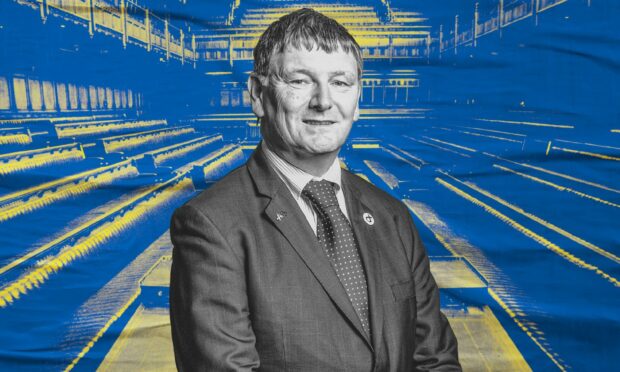
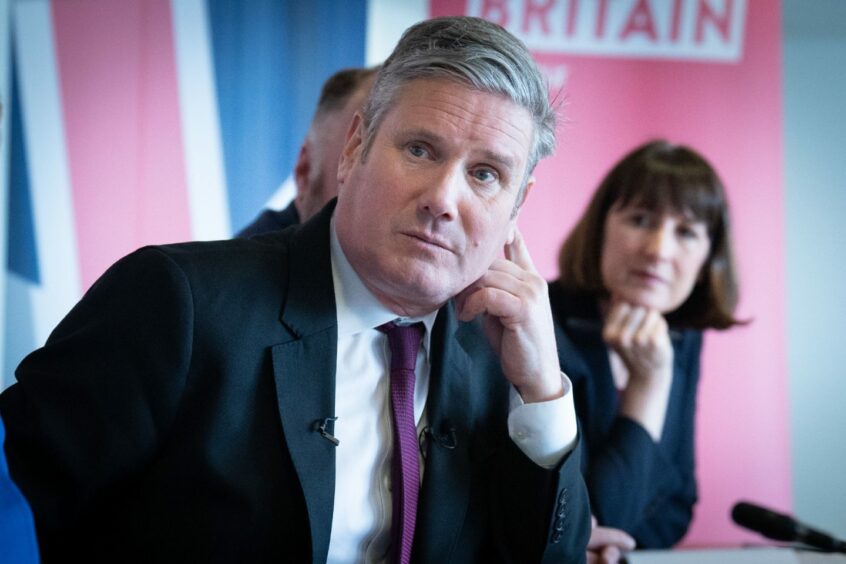
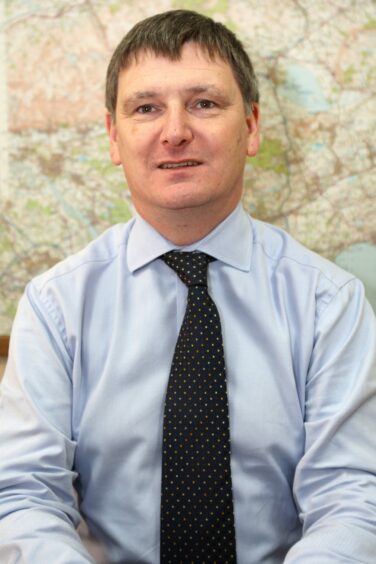
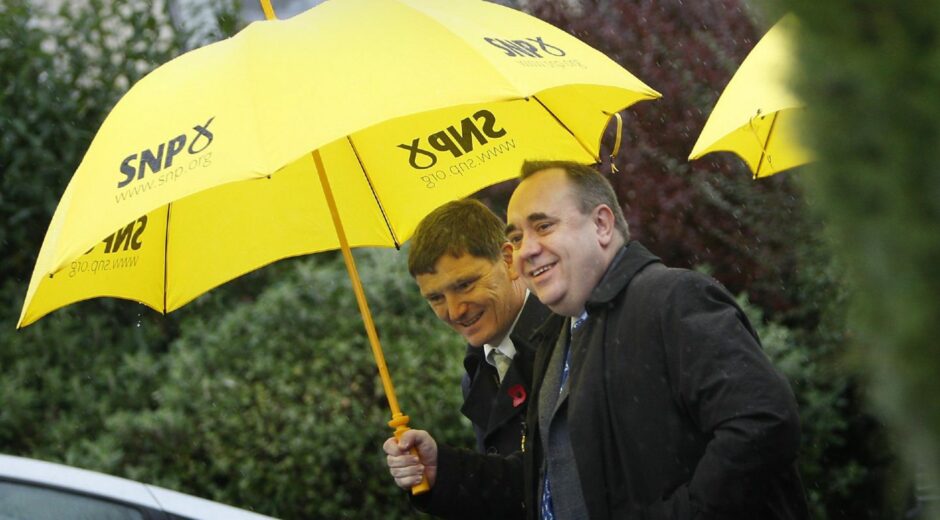
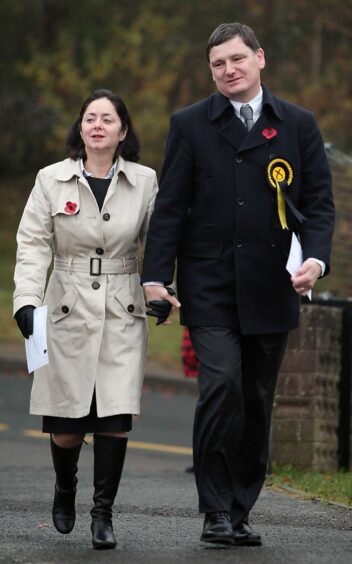
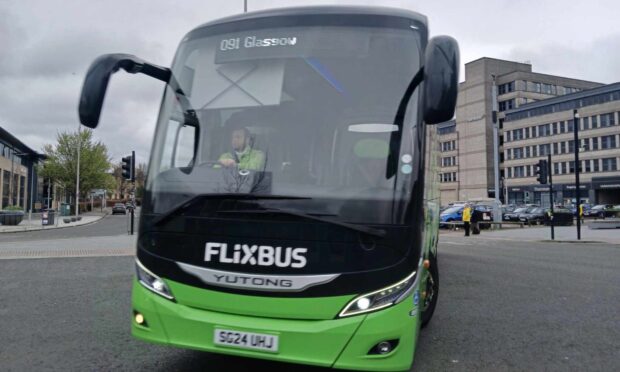
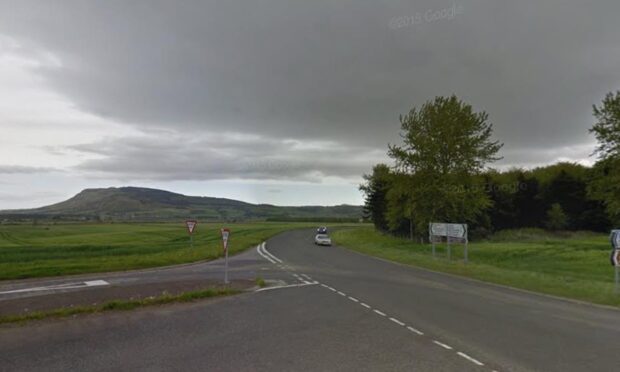


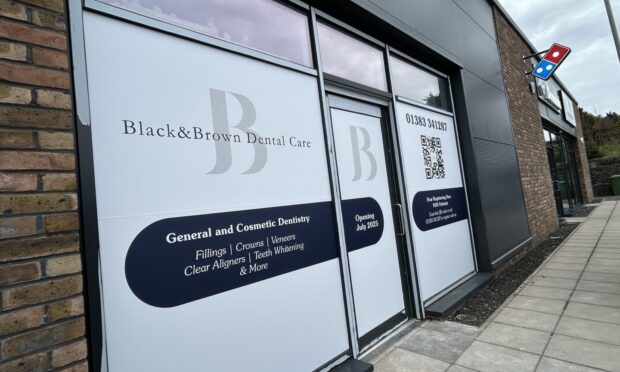

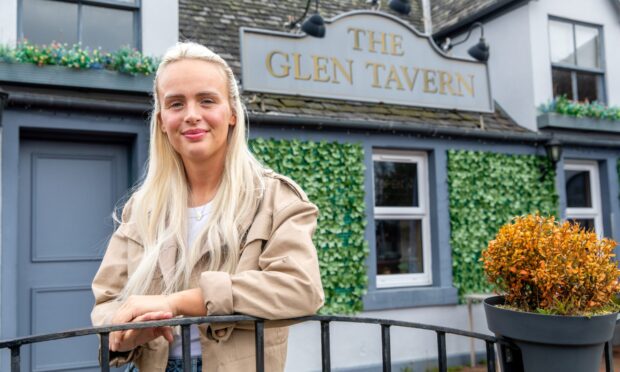
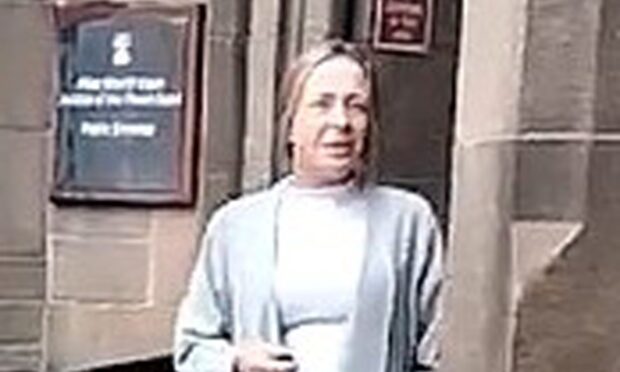
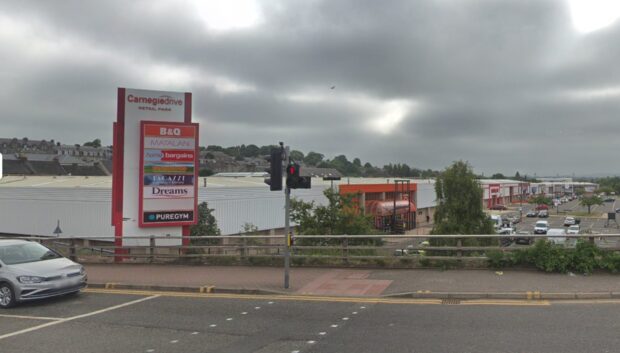
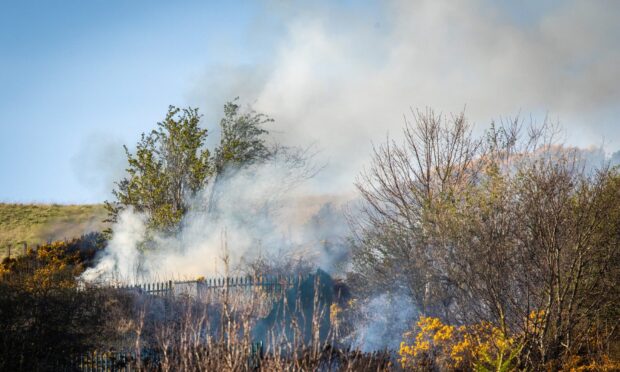
Conversation